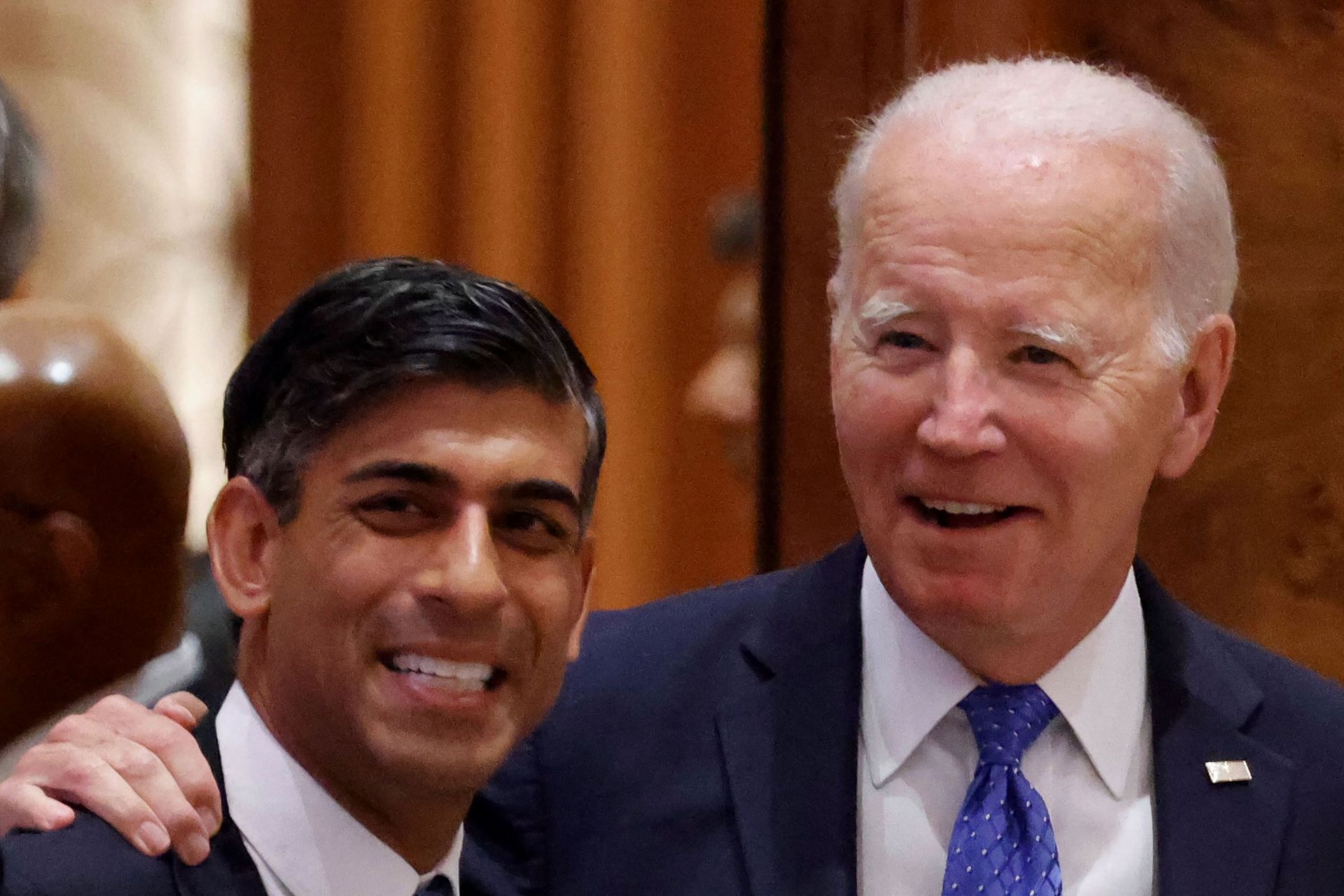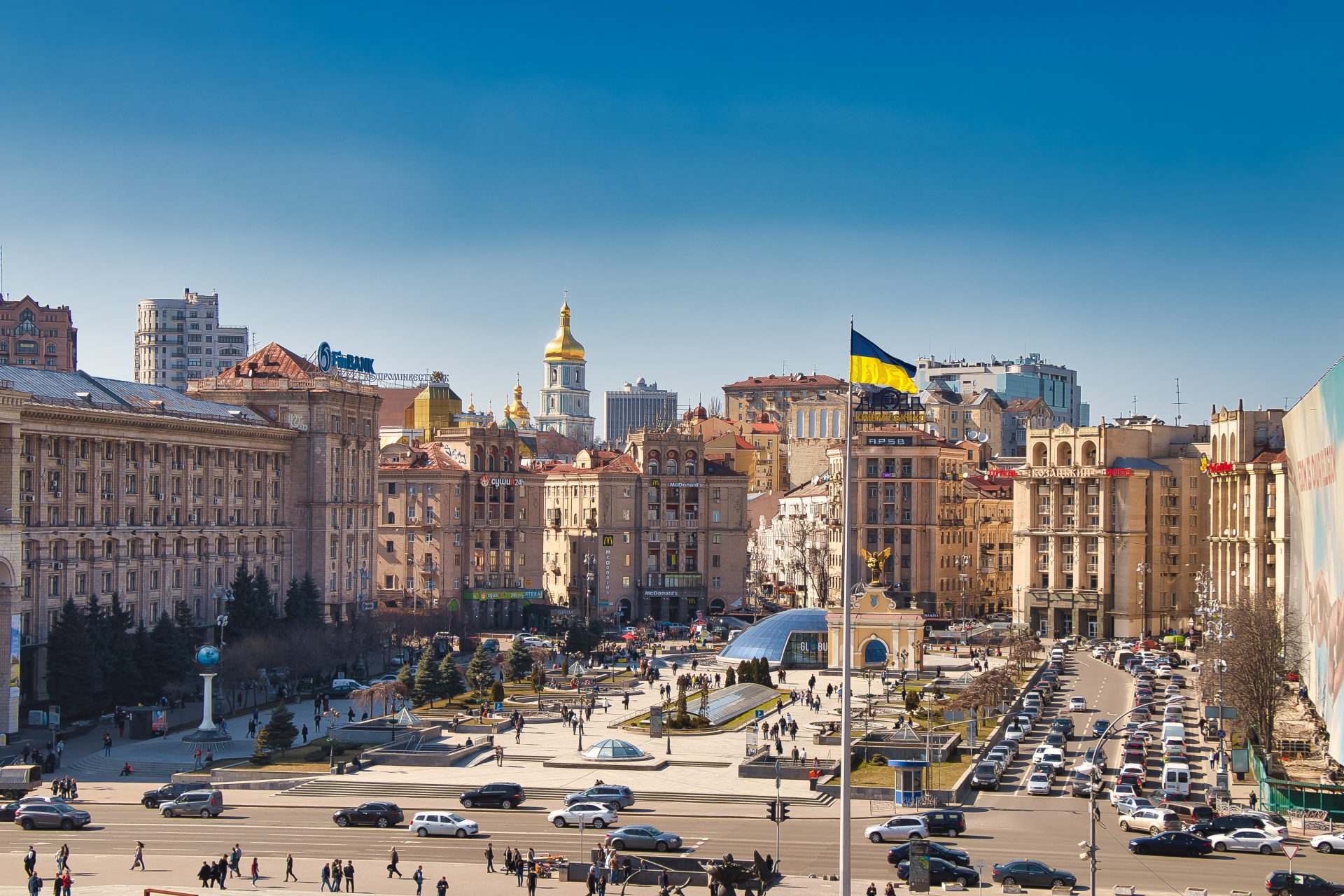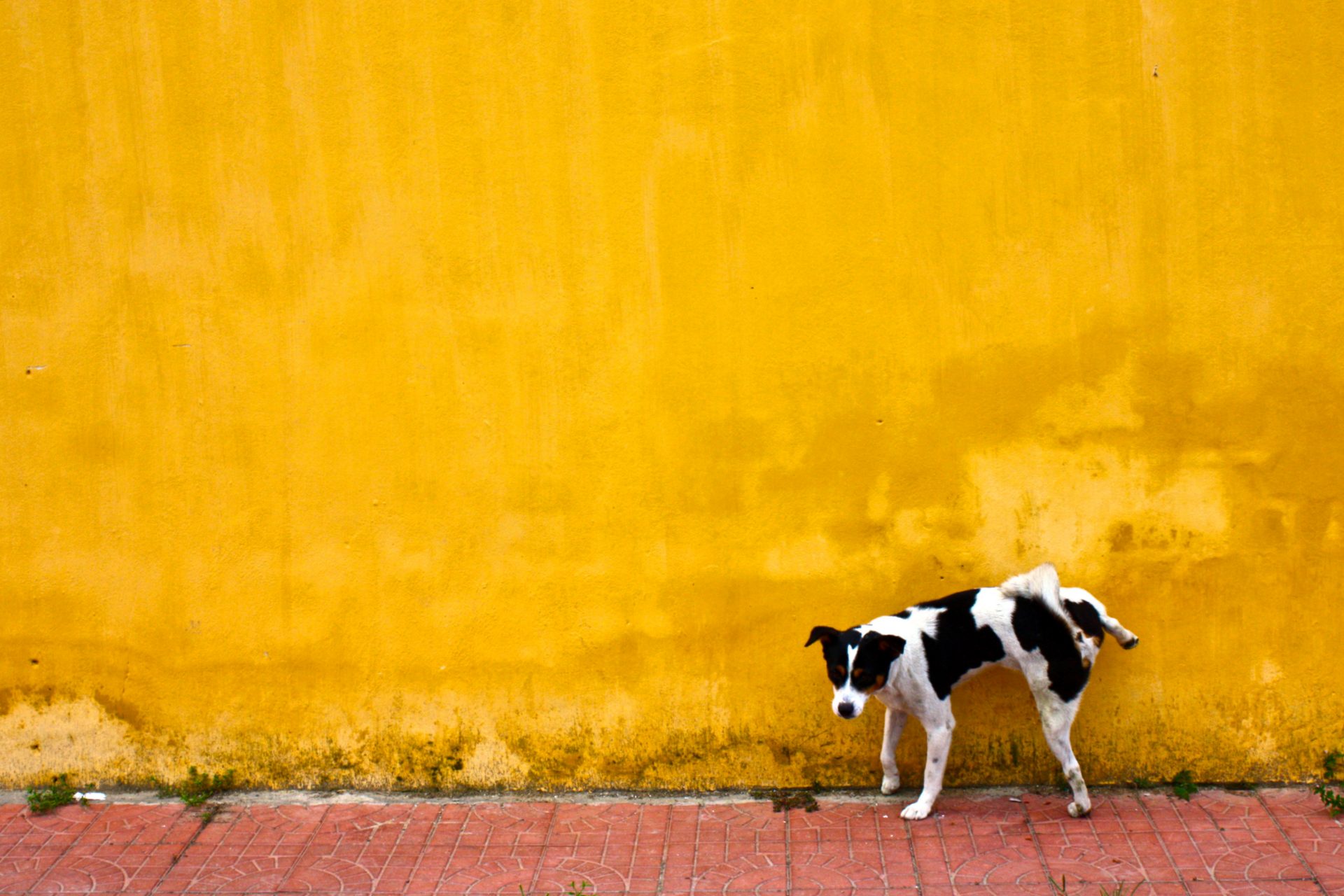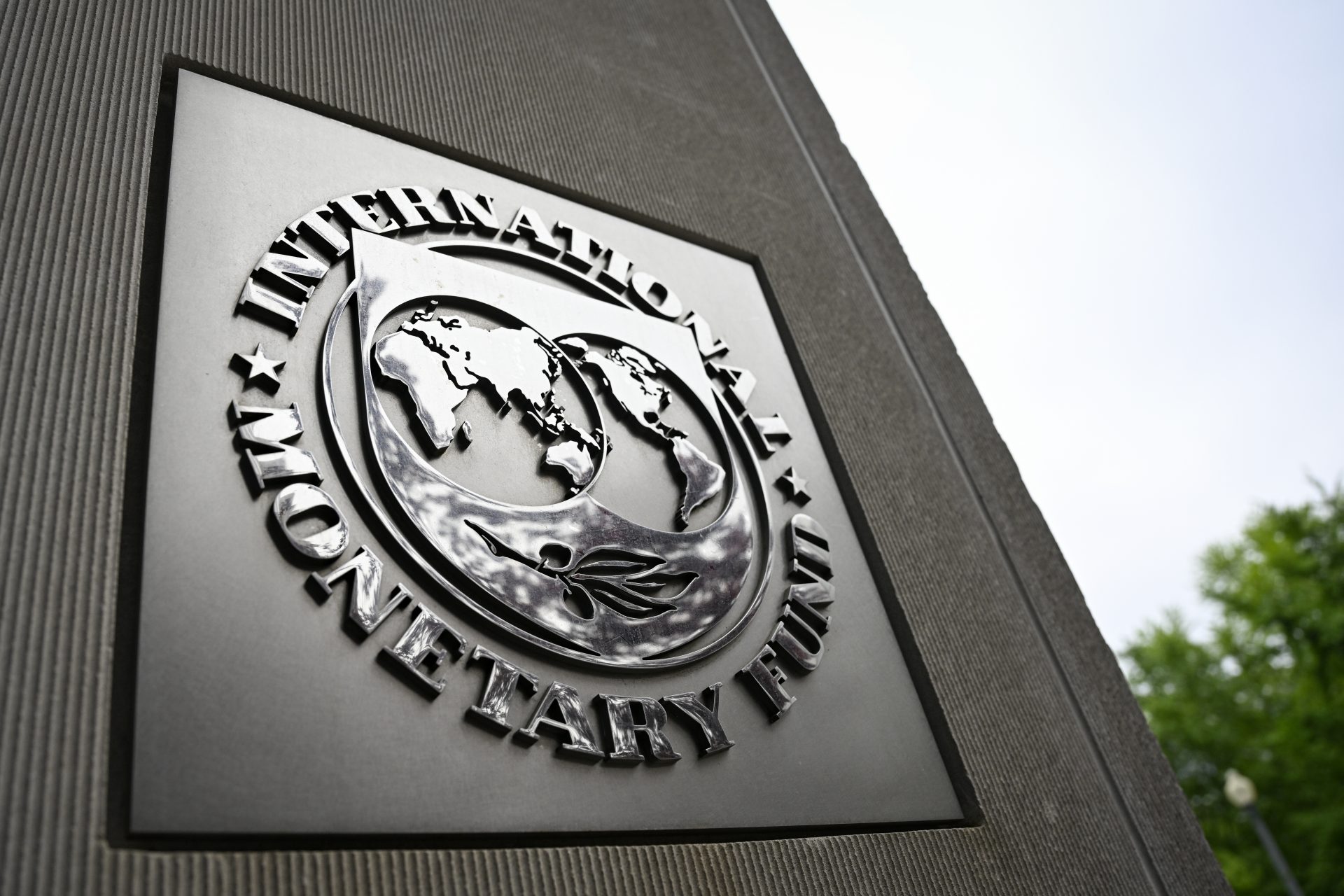Tips to save on gas money
Drivers have been grappling with sky-high prices at the pump for months. Despite small decreases, it seems the tendency will not change shortly. Electric cars are becoming more common, but they are not ready to replace gas-fueled vehicles.
That is why using some tricks to save gasoline and drive more efficiently can go a long way. Plus, having a higher mile per gallon (mpg) index can lower your carbon footprint.
Extending a 1-hour journey by 10 minutes can result in a 15% increase in fuel consumption, so planning a trip is vital. Look for more direct and less congested routes before starting the engine, and try to avoid driving in bad weather.
Photo: Unsplash-Z
According to the University of Nebraska, an under-inflated tire can cost a mile or two per gallon. It is like driving with the parking brake on. Tires should always have manufacturer-indicated air pressure. It is usually listed in the car manual or near the driver's door.
Photo: Pexels - Georgi Petrov
Speed limits not only prevent accidents but can save you good money on fuel. The University of Nebraska explains that gas mileage decreases rapidly at speeds above 60 mph. Just acceleration to 70 mph can reduce miles per gallon by three.
Photo: Unsplash - George Huffman
You must carry the essentials in the trunk and distribute the load evenly—every 50 lbs of added weight results in a 1% reduction in fuel economy. If you use the car daily, empty the trunk and do not use it for storage.
Photo: Unsplash - Sam Manns
The cruise control maintains a steady speed on highways and long trips. Use it for better fuel efficiency. In town, try to avoid accelerating and breaking constantly, look ahead and anticipate when you will have to stop.
Photo: Unsplash - Jake Charles
You can also avoid extra fuel consumption by deaccelerating instead of breaking. Just take your foot off the pedal and let the car slow down as long as possible.
Photo: Unsplash - JD Weiher
When driving on the highway, it is better to have the air-conditioning on. The air that comes through the windows will slow the car and reduce the mpg. However, if you commute through town, it is better to roll down your windows and avoid using the ac. Always make sure that the air filter is clean.
Photo: Unsplash - Philipp Katzenberger
According to the University of Nebraska, Dirt can also affect a car's performance on the highway by increasing its aerodynamic drag. Keep your vehicle washed and waxed, and remove roof or bicycle racks when you are not using them.
Photo: Unsplash - Jacob Spence
Going uphill, you should delay downshifting as much as possible, speed up the accelerator without hitting it completely, and regain momentum as you roll downhill.
Photo: Unsplash - Maria Bobrova
Drive-thrus cause excessive idling and waste fuel. It is like entering a traffic jam voluntarily. Try to avoid using these services if you want to save gas.
When the fuel nozzle clicks off, the tank is full. Do not add more fuel or round up the dollar amount. It can saturate the emissions system and cause a spill when it warms up.
Photo: Unsplash - Chuttersnap GTS
According to the University of Nebraska, around 17 % of vehicles have gas caps that are either damaged, loose, or missing altogether. This causes 147 million gallons of gas to vaporize yearly and can reduce your mpg by two.
Photo: Unsplash - Marek Studzinski
Always fill your vehicle with the nozzle set on the lowest setting. This will help prevent overfilling or backsplash.
Photo: Unsplash - Dawn McDonald
Turn off your engine when stopped for more than 60 seconds, except when in traffic. According to Natural Resources Canada, the average vehicle with a 3-liter engine wastes 300 milliliters (over 1 cup) of fuel every 10 minutes it idles.
Photo: Unsplash - Antoine De decker
If you drive stick, try reaching the higher gears faster for a better speed. You should try to keep the RMP below what is indicated in the meter. The higher the rpm, the higher the gas consumption.
Photo: Unsplash - Alok Sharma
The University of Nebraska claims that aggressive driving can lower gas mileage by 33% on the highway and 5% on city streets. It is also safer to drive responsibly.
More for you
Top Stories































